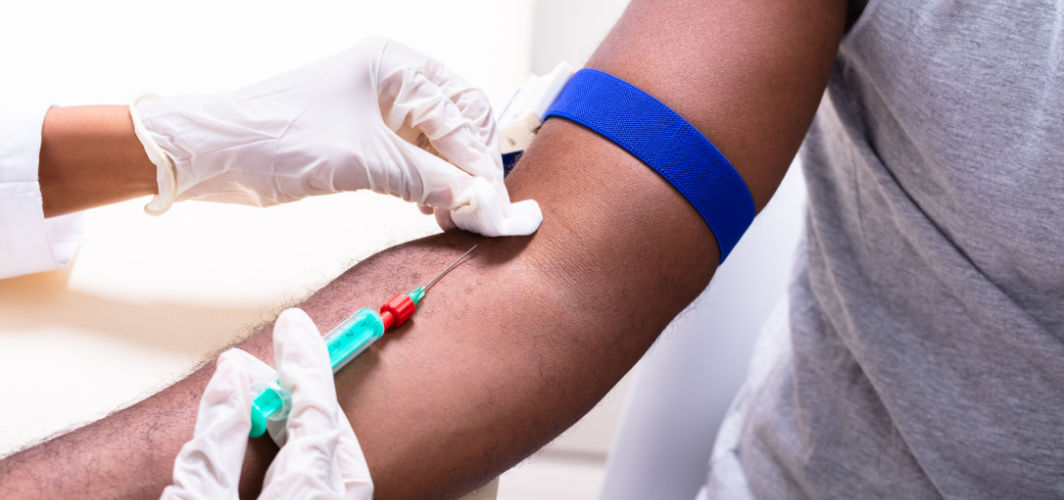Diabetes Management
The Use of Thiazolidinediones in Diabetes Management
2 min read
By Apollo 24|7, Published on - 22 August 2024
Share this article
0
0 like
.jpg?tr=q-80)
Diabetes management requires a comprehensive approach, focusing on lifestyle changes, diet, exercise, and medication. Among the medical options available are Thiazolidinediones (TZDs) like pioglitazone and rosiglitazone. These oral antidiabetic medications offer potential benefits for individuals with type 2 diabetes. In this blog, we will delve deeper into how TZDs work, their advantages, recommended doses, and some necessary considerations while prescribing them.
How TZDs Work
TZDs are diabetes medications that work by activating specific receptors in fat, muscle, and liver cells. When these receptors are activated, they improve the body's response to insulin. This leads to several beneficial effects:
- Enhanced insulin sensitivity: The cells in your body become more efficient at using insulin to process glucose.
- Improved fat cell function: TZDs help fat cells mature in a way that makes them more responsive to insulin.
- Reduced liver glucose production: These medications decrease the amount of glucose your liver produces, helping to lower overall blood sugar levels.
- Potential anti-inflammatory effects: TZDs may reduce inflammation in the body, which could have positive impacts on insulin sensitivity and cardiovascular health.
Benefits of TZDs
The benefits of using TZDs in managing type 2 diabetes include:
- Effective control blood sugar levels.
- Improvement in cardiovascular health.
- Potentially preserving pancreatic beta cells.
Recommended Dosages
When starting treatment with pioglitazone, usually a dose of 15 mg to 30 mg once daily is prescribed. The maximum recommended dose is 45 mg per day. For rosiglitazone, the initial dose is typically 4 mg once daily with a maximum dose of 8 mg per day.
Prescribing Considerations
While TZDs have significant benefits, there are some considerations to keep in mind while prescribing:
- Fluid retention and oedema: TZDs can lead to fluid retention and oedema, exacerbating heart failure.
- Bone fractures: Long-term use of TZDs, particularly in women, has been linked to an increased risk of bone fractures.
- Liver function monitoring: Regular monitoring of liver function is recommended as TZDs have been connected to rare cases of liver injury.
Prescribing these medications requires a balance between their potential benefits and necessary precautions. Introducing lifestyle changes along with medication is essential for comprehensive diabetes management. The Apollo Super 6 programme, developed by the doctors at Apollo, leads the path towards managing type 2 diabetes effectively through lifestyle changes and personalised support.
Diabetes Management
Consult Top Diabetologists
View AllLeave Comment
Recommended for you

Diabetes Management
Top 4 Tests For Diabetes Diagnosis
Top diabetes tests: Fasting Blood Sugar Test (FBS), Hemoglobin A1c Test, Oral Glucose Tolerance Test, Random Blood Sugar Test. FBS: ≥126 mg/dL indicates diabetes. A1c: ≥6.5% suggests diabetes. Oral Glucose Tolerance Test and Random Blood Sugar Test also diagnose diabetes.

Diabetes Management
Breastfeeding Tips for Mothers with Diabetes
Breastfeeding while managing diabetes need not be a daunting task. With careful planning, it can be a beneficial journey for both mother and baby. Regular meals, smart snacking, and consistent monitoring of blood sugar levels are key strategies for successful breastfeeding. Remember, every journey is unique, so personalised advice from doctors is crucial. And remember, even as you navigate through this phase, the Apollo Super 6 programme is here to help you lead an active and healthy lifestyle.
.jpg?tr=q-80)
Diabetes Management
Best Dairy Alternatives for Diabetics
Choosing the right dairy alternatives can make a significant difference in managing diabetes. Go for options like unsweetened almond, coconut, and cashew milk due to their low carbohydrate content. However, always remember to read labels carefully, and consider enrolling in the Apollo Super 6 programme for comprehensive support in your journey towards better health.
Subscribe
Sign up for our free Health Library Daily Newsletter
Get doctor-approved health tips, news, and more.
Visual Stories

8 Fruits That are Incredibly Healthy for Diabetes
Tap to continue exploring
Recommended for you

Diabetes Management
Top 4 Tests For Diabetes Diagnosis
Top diabetes tests: Fasting Blood Sugar Test (FBS), Hemoglobin A1c Test, Oral Glucose Tolerance Test, Random Blood Sugar Test. FBS: ≥126 mg/dL indicates diabetes. A1c: ≥6.5% suggests diabetes. Oral Glucose Tolerance Test and Random Blood Sugar Test also diagnose diabetes.

Diabetes Management
Breastfeeding Tips for Mothers with Diabetes
Breastfeeding while managing diabetes need not be a daunting task. With careful planning, it can be a beneficial journey for both mother and baby. Regular meals, smart snacking, and consistent monitoring of blood sugar levels are key strategies for successful breastfeeding. Remember, every journey is unique, so personalised advice from doctors is crucial. And remember, even as you navigate through this phase, the Apollo Super 6 programme is here to help you lead an active and healthy lifestyle.
.jpg?tr=q-80)
Diabetes Management
Best Dairy Alternatives for Diabetics
Choosing the right dairy alternatives can make a significant difference in managing diabetes. Go for options like unsweetened almond, coconut, and cashew milk due to their low carbohydrate content. However, always remember to read labels carefully, and consider enrolling in the Apollo Super 6 programme for comprehensive support in your journey towards better health.


